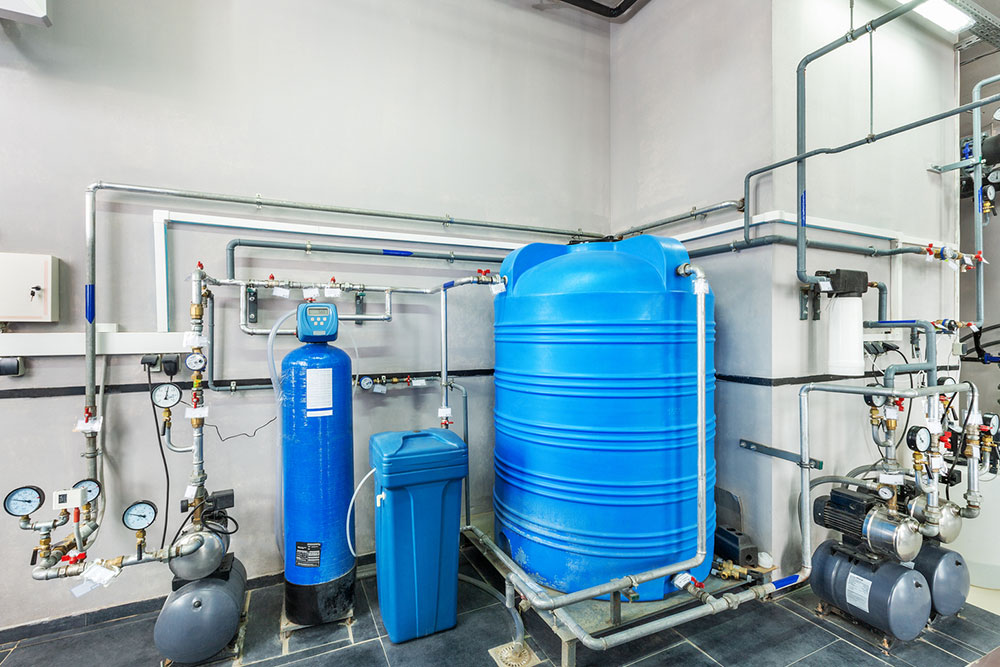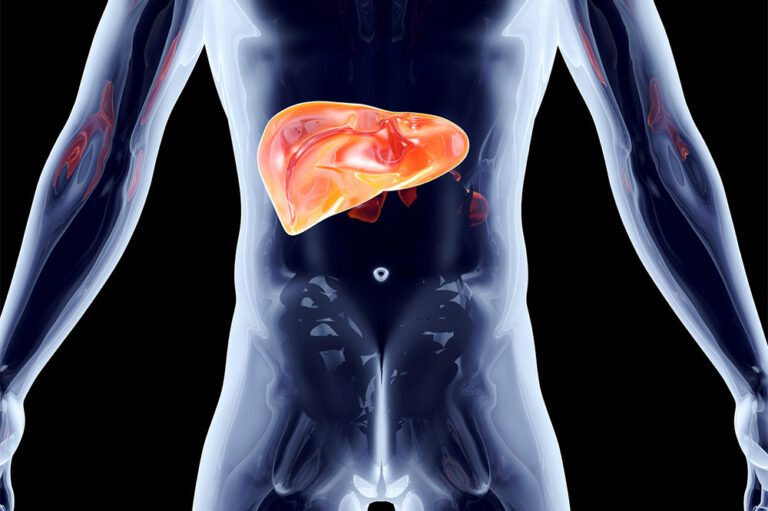
5 types of water filtration systems
Over time, the water filtration system has undergone several technological advancements to provide water access to billions of people worldwide. There are not just one but several ways pollutants can be removed from water. Depending on the location, area, and need, an appropriate type of filtration system can be used for water purification. Below are some of the different types of popular water filtration or treatment systems that are helpful.
Mechanical filters
This is one of the most standard and most common methods of filtering water. A physical barrier is used in the filtration system, which helps remove the dirt, particles, and chemicals from the liquid. The water usually travels through this mechanical filter, made of synthetic foam and nylon floss that helps clean out the water’s physical impurities. For this reason, this is often a prevalent method for the pre-filtration process.
Ion exchange filters
This is usually one of the most effective ways of filtering out the impurities from the water. In this method, the filtration system works by splitting the atoms of the contaminated particles, like chemicals and dirt, into ions, which is done using limescale. This ion water softener is also the best way to soften hard water. This is usually used in commercial places to help store water safely at a low temperature. There are also other unique ways of using ion exchange resin in the form of tiny beads that help replace contaminants with sodium ions that keep the water clean.
Activated carbon filters
These are also known as absorption filters, commonly installed in homes. This type of filtration system contains a large internal surface with nooks and hooks responsible for trapping water pollutants. This type of filtration system is also a bit pricier as it helps reduce the odor and bad taste of the water that comes from contaminants. Activated carbon is made up of granules of charcoal that are highly absorbent, making it an effective way to filter out liquids.
Reverse osmosis filters
This type of filtration uses two types of technologies – the mechanical filter and the activated charcoal filter, which helps give water with much fewer contaminants. In this method, the polluted water is forcefully passed through a membrane using a specific pressure. This pressure allows for the water to pass through. However, the pollutants or impure particles are left behind. There could be dissolved particles like magnesium, calcium, and more, but with the correct pressure, the water passes through, leaving these particles behind. RO or Reverse Osmosis is usually used in kitchen spaces.
Ultraviolet filters
In this method of filtration, the water is diverted towards ultraviolet light. This light then helps kill pollutants like viruses, parasites, and bacteria. One of the perks of this filtration system is that it runs on battery and is lightweight so that it can be carried around easily. However, this type of filtration will not be able to remove solid materials from the water, just the chemicals. The ultraviolet filters attract microbial bacteria cells to kill them and purify the water. One can use this filter combined with other filter types to eliminate contaminants such as chlorine, lead, and pesticides to deliver clean, soft, and healthy drinking water.












